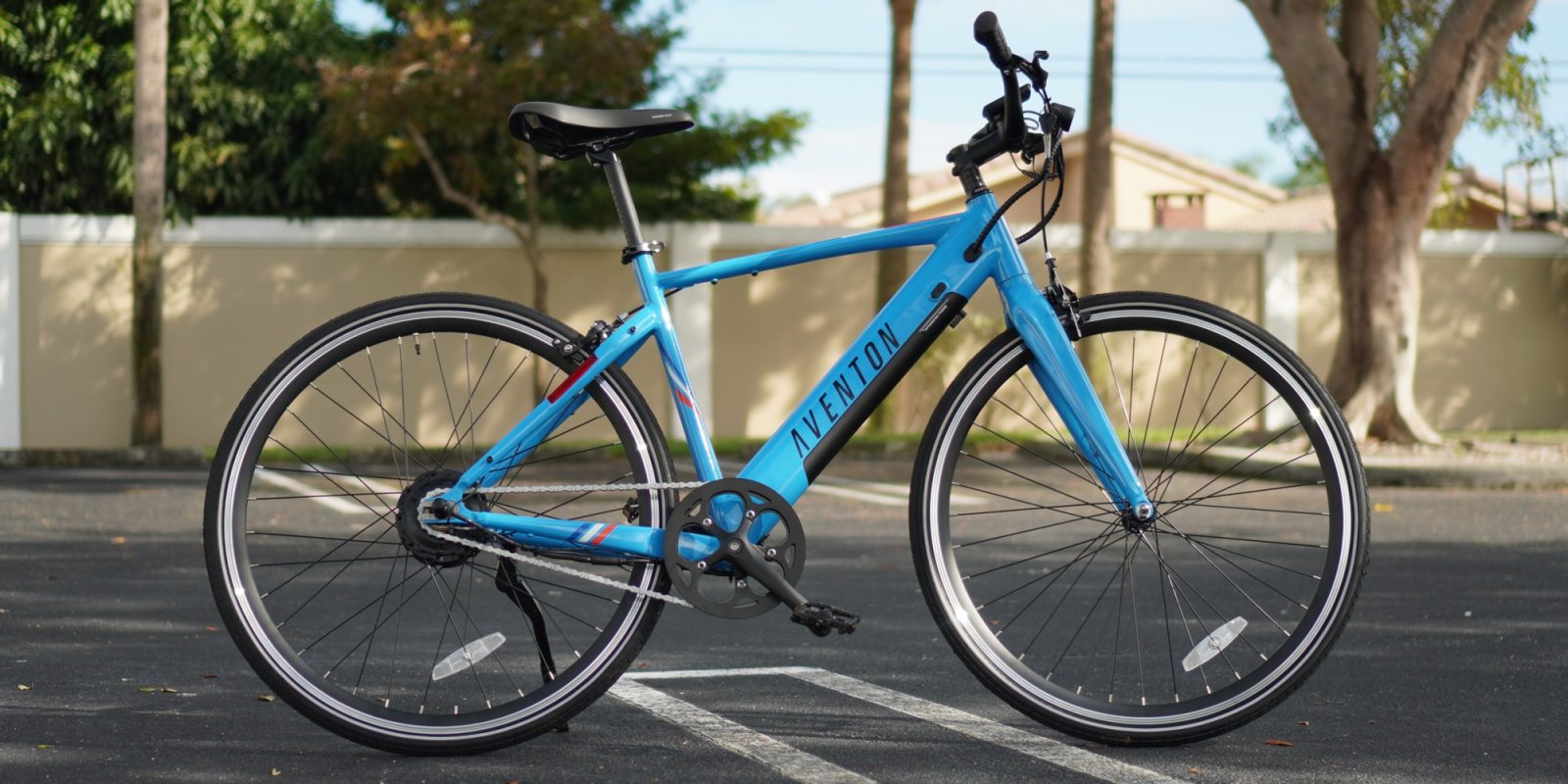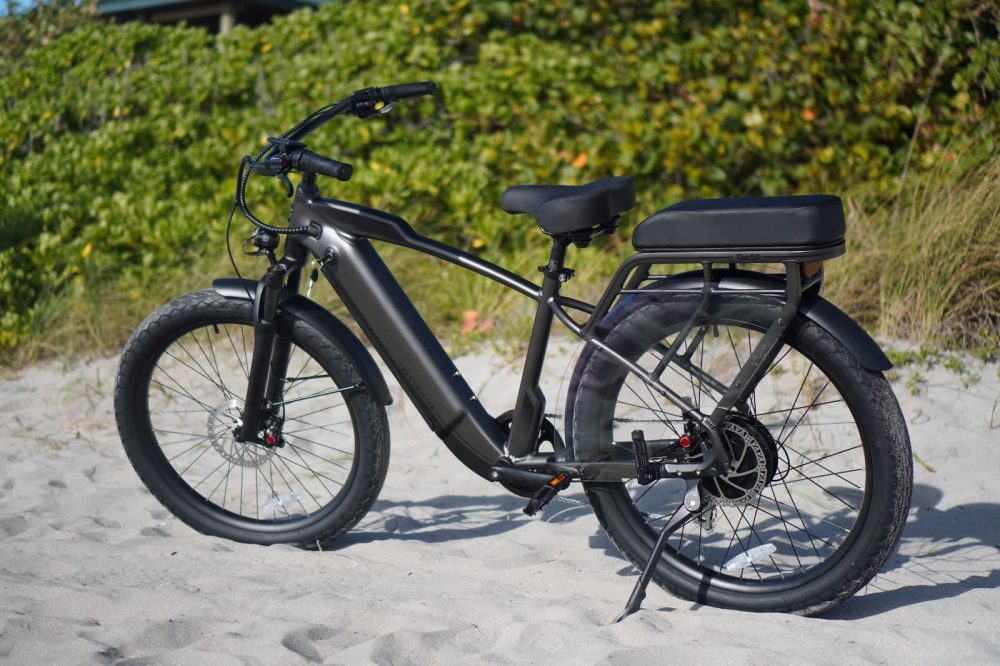
The federal government’s plan to provide a tax credit for electric bike purchases doesn’t appear to be coming off of life support any time soon, but that hasn’t stopped Denver from creating its own e-bike rebate program. In fact, the city might have done an even better job making these effective car alternatives more accessible to a wider range of incomes and budgets.
That’s because Denver’s new electric bike rebate program is an actual point-of-sale rebate.
Unlike the proposed federal tax credit that could provide 30% off of a new electric bike purchase, yet still requires the rider to shell out the full price then wait on a return, Denver’s program applies its rebate instantly at the store.
It’s nearly as potent as the up to $900 offered in the federal program, with a $400 rebate for most e-bikes and up to $900 for electric cargo bikes, meaning it can make a significant dent in the price of a new electric bike for Denverites. To make it even more equitable, low-income residents that qualify can see the rebate increase up to $1,200.
Oh yeah, and the program actually exists. That’s just one more advantage that Denver’s rebate has over the stalled federal program.

So while we wait with bated breath to see if Congress can revive the stalled e-bike tax credit for millions of Americans, perhaps its time to take a closer look at how cities and states can follow Denver’s lead and make car alternatives more accessible to commuters.
Denver’s program is interesting for a few reasons.
First, it includes nearly all electric bike designations. That means Class 1, 2, and 3 e-bikes qualify (speeds up to 28 mph or 45 km/h), as long as they don’t exceed power ratings of 750W.
Second, it focuses on electric bikes that riders can actually use for utility purposes, i.e., picking up the kids from school, buying groceries, getting to work, etc. Full-suspension electric mountain bikes are specifically excluded from the rebate. That’s probably a fair move, as these e-bikes generally cost $4K–$8K and anyone who can afford one doesn’t need help buying one.
Yes, they’re fun to ride. I love getting big air and bombing both uphill and downhill runs. But that’s not the point of these rebate programs. It’s not about giving people a fun new leisure toy or even a form of exercise (don’t forget that electric mountain bikes can offer as much exercise as pedal mountain bikes). It’s about providing car alternatives that can help reduce traffic, reduce emissions, and push society toward embracing more walkable cities.
That means you’re left with good old-fashioned commuter, hybrid, and comfort e-bikes for the $400 rebate, or electric cargo bikes for the $900 rebate (e-cargo bikes get an additional $500 rebate on top of the base level $400 rebate for all e-bikes outside of full-suspension electric mountain bikes).
And lastly, the rebate is redeemable by purchasing through a number of local electric bike shops. There are currently around a dozen electric bike shops taking part, and they offer popular e-bike models like those from Aventon, Raleigh, Fattebikes, Trek, Electra, Pedego, REI, etc.
Sure, it’d be nice to just order a $799 Lectric XP LITE e-bike online and get it for 50% off using the rebate, but that’s not going to happen. Instead, the Denver program is helping local businesses that sell e-bikes. And for this type of program, that makes sense. Many riders taking part will likely be new to e-bikes and so the support of a local dealer that can provide service and answer questions will be invaluable.

More studies are showing the benefits of swapping out cars for space-efficient and energy-efficient e-bikes that can travel at similar car speeds in cities at a fraction of the cost. Simultaneously, more cities than just Denver are finding ways to help embrace the societal benefits of increasing accessibility to these important commuter tools.
In fact, e-bike company Aventon maintains a list of various local electric bike incentives dotting the US right now.
Having recently reviewed the company’s awesome new Aventon Soltera e-bike, I can see a prime target for applying some of these rebates.
Shouldn’t your city be next?
FTC: We use income earning auto affiliate links. More.





Comments